Dental Health
Dental Care for your pet is a very important part of maintaining a dog or cat’s overall health. More than 80% of all dogs and cats over four years old have some form of periodontal disease. Senior dogs (seven or more years old) are especially susceptible to periodontal disease.
Paw Points
- Tooth Brushing is important.
- Toy Breeds are more affected.
- Bad breath is a sign of Periodontal Disease.
- Poor Dental Health can cause other health problems.
- Annual cleanings are extremely necessary.
Dogs and cats don’t suffer from cavities to the degree that people do, but they do develop plaque which is composed of bacteria, salivary proteins, and food debris that builds up in the groove between the teeth and gums and sets the stage for periodontal disease. If the plaque is not removed, it hardens into “tartar” or “calculus”. Bad breath is a common complaint when this happens. Calculus and plaque cause inflammation of the gums and can affect the bone in the area, resulting in destruction of the bone around the tooth roots. Eventually, the teeth become loose, and may fall out.
Consequences of Periodontal Disease
In addition to tooth loss, periodontal disease has other serious consequences. The millions of bacteria present in an unhealthy mouth can spread to other organ systems in the body, including the liver, lungs, kidneys, and can even cause severe damage to the valves in the heart resulting in devastating heart disease. For this reason, we often will prescribe antibiotics even before doing any dental cleaning to help control the bacteria the plaque may have shed.
Treating Periodontal Disease & Calculus Build-Up
The good news is that we are able to treat periodontal disease and calculus buildup with professional dental cleanings. Although the bone destruction caused by periodontal disease can’t be reversed, the destructive process can be stopped or slowed with proper treatment. Ultrasonic cleaning, much like your dentist uses, eliminates calculus buildup on your pets’ teeth, and when followed by polishing and a fluoride treatment we at Gladstone Animal Clinic can get your pet teeth and breath looking and smelling better. However, because your pet won’t “hold still” while we do these cleanings, we do need to put him or her under anesthesia for the procedure. To help minimize the inherit risks of anesthesia, we strongly recommend performing pre-anesthetic blood work to verify your pet is in overall good health and to help give us an additional level of safety prior to aneshesia. Often times loose or severely diseased teeth may need to be extracted. The removing of just a few teeth often has little effect on your pet’s ability to eat its food. If we do, need to remove any teeth we will send post-operative pain relievers to relieve any discomfort.
Prevention
Once the mouth is cleaned, certain steps can be instituted to help prevent future problems with periodontitis. Brushing your pet’s teeth with a specialized pet “finger brush” or soft bristled human toothbrush daily is a good start. Many pets will take to it if done slowly. Special pet toothpaste is available in flavors that dogs and cats like from “malt” to “poultry” and even “beef”. Human toothpaste should not be used due to the foaming agents used in them. Special diets such as Hill’s T/D can also help to prevent future calculus buildup by physically “scrubbing” the tooth as the pet eats the food. All of these are available at Gladstone Animal Clinic.
Preventative care at home and routine dental exams with subsequent cleanings, if needed, can help to maximize not only your pet’s oral health, but overall health as well. In fact, because animals age more quickly than humans, dental cleanings should become more frequent–perhaps every 6 to 18 months–as your pet ages.

